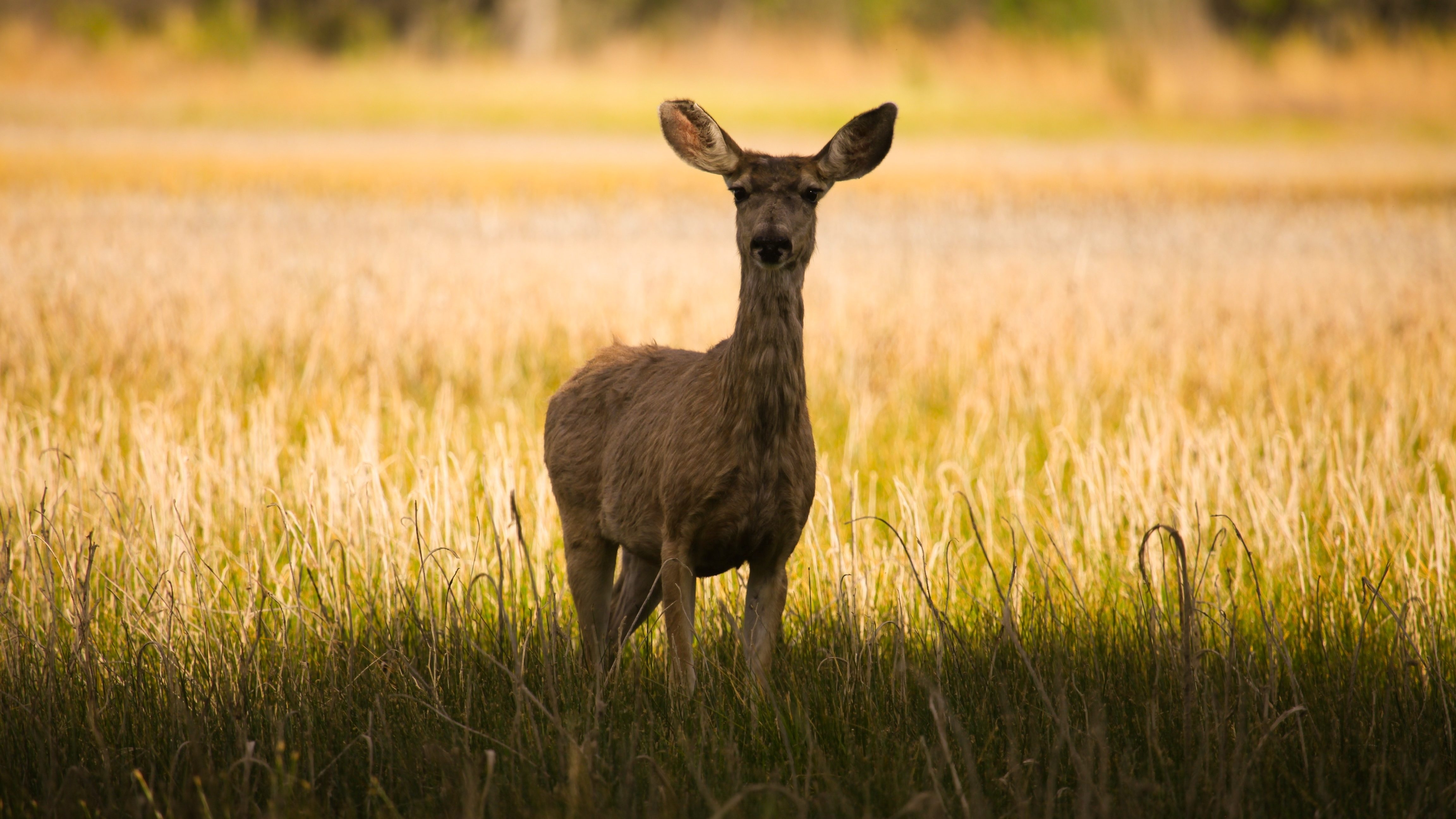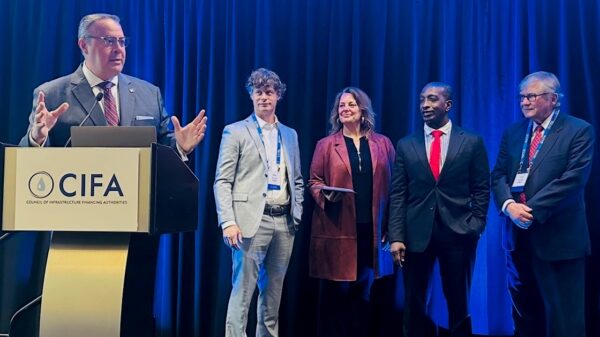Friday, the Alabama Department of Conservation and Natural Resources announced that they are increasing Chronic Wasting Disease (CWD) sampling surveillance efforts in northwest Alabama after deer in nearby Mississippi and Tennessee counties have tested CWD-positive.
CWD is a contagious and deadly neurological disorder that affects members of the deer family. To date, no deer in Alabama have tested positive for CWD.
The Division of Wildlife and Freshwater Fisheries (WFF) will conduct a voluntary CWD-sampling station on January 4 to 6 in Hackleburg, Alabama, in Marion County, and January 12 through 13 in Waterloo, Alabama, in Lauderdale County.
The sampling station in Marion County will be set up in the parking lot of Hackleburg Hardware, 125 Boyd Street, Hackleburg, AL 35564. This is located at the intersection of Boyd Street and Highway 172.
Deer may be brought to Hackleburg for sampling during the following dates and times:
Friday, January 4 from 2:00 p.m. to 7:00 p.m.
Saturday, January 5 from 9:00 a.m. to 7:00 p.m.
Sunday, January 6 from 10:00 a.m. to 2:00 p.m.
The sampling station in Lauderdale County will be set up in the parking lot of Waterloo Fire Station #1, 6390 County Road 14, Waterloo, AL 35677.
Deer may be brought to Waterloo for sampling during the following dates and times:
Saturday, January 12 from 9:00 a.m. to 7:00 p.m.
Sunday, January 13 from 10:00 a.m. to 2:00 p.m.
Deer harvested in Franklin, Marion, Lamar, Lauderdale and Colbert counties are being targeted, but biologists will sample deer from surrounding counties as well. Sampling involves removing the retropharyngeal lymph nodes from the head of a deer. Hunters may bring in a whole deer, field-dressed deer, or just the head from the harvested animal. Collecting a sample from a harvested deer takes only a few minutes.
Since 2002, WFF has relied on the assistance of hunters who have volunteered their harvested deer for CWD surveillance sampling. WFF is again seeking the assistance of hunters to help conserve Alabama’s natural resources by taking their harvested deer to the Hackleburg or Waterloo CWD-sampling stations. All hunters who volunteer their harvested deer for sampling will receive the CWD surveillance test result.
CWD is the most devastating disease facing the deer population today. Alabama has 1.75 million deer. Currently the state is CWD free; but this latest CWD positive deer is the closest that the disease has gotten to the state. Mississippi was CWD free until this summer. Since then two CWD positive deer have been found in two separate counties in Mississippi.
Mississippi officials report that an emaciated 1.5-year-old, free-ranging male white-tailed deer was euthanized on October 8, 2018 in Pontotoc County. The deer’s behavior appeared abnormal. The sample was confirmed CWD-positive by the National Veterinary Services Lab in Ames, Iowa, on October 30, 2018.
Alabama’s WFF has tested nearly 8,000 deer since 2002 and has not detected CWD within Alabama.
As part of WFF’s CWD Strategic Surveillance and Response Plan, WFF is increasing its CWD surveillance sampling efforts beyond typical surveillance rates in those counties within the 50-mile radius of the Pontotoc County CWD-positive white-tailed deer. These counties include Franklin, Lamar, and Marion counties.
Additional samples for these counties including, but not limited to, voluntary samples from hunter-harvested deer as well as focused efforts on road kills and abnormally behaving deer.
CWD is a neurodegenerative disease found in most deer species, including moose, elk, mule deer and white-tailed deer. It is infectious and always fatal. It is part of a group of diseases known as transmissible spongiform encephalopathies and is similar to mad cow disease in cattle and scrapie in sheep. These diseases cause irreversible damage to brain tissue that leads to neurological symptoms, emaciation and death of the animal.
Hunting is a major industry in Alabama as well as an important part of traditional southern culture.
To learn more about CWD and to get information on future public sampling sites, click here.





















































